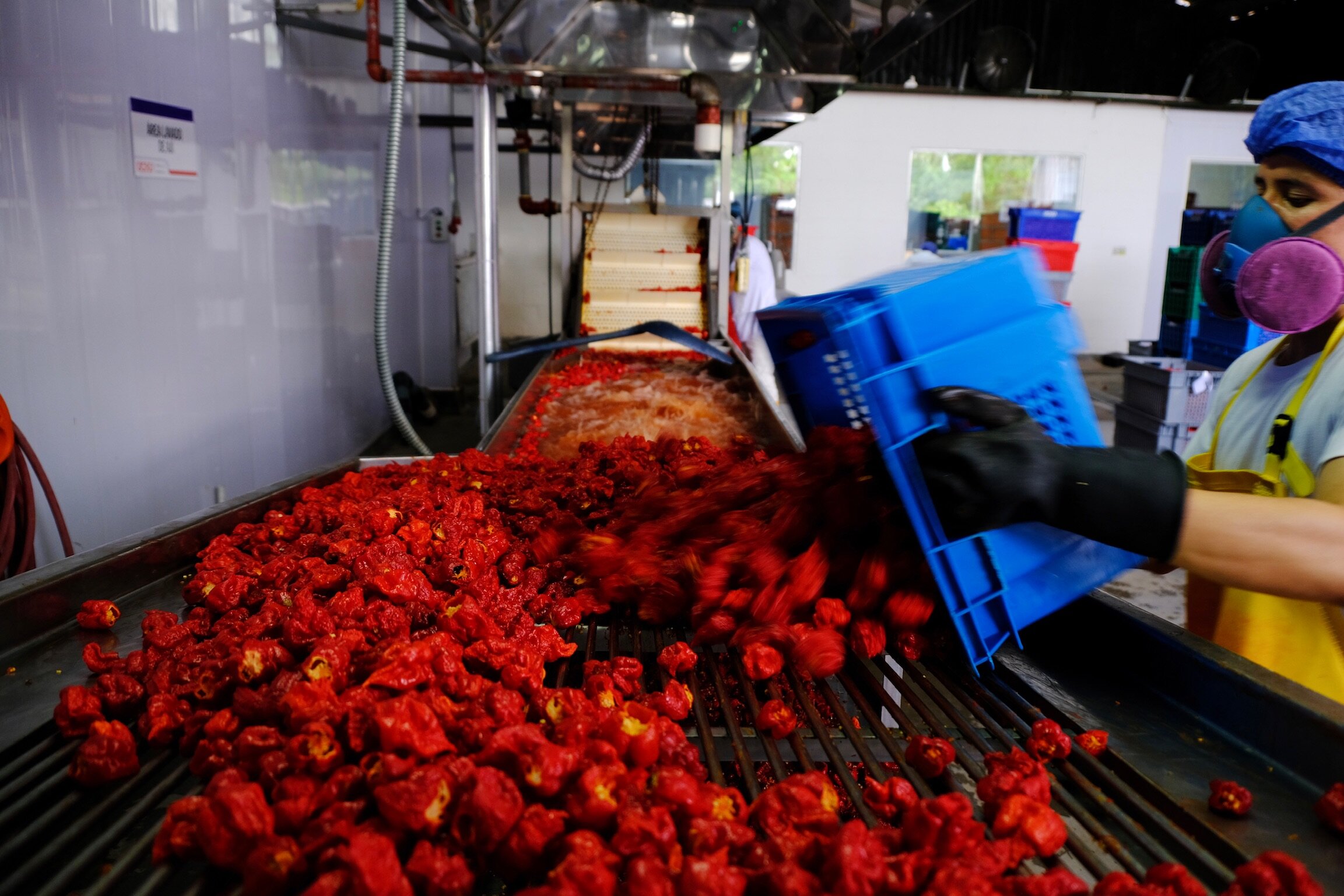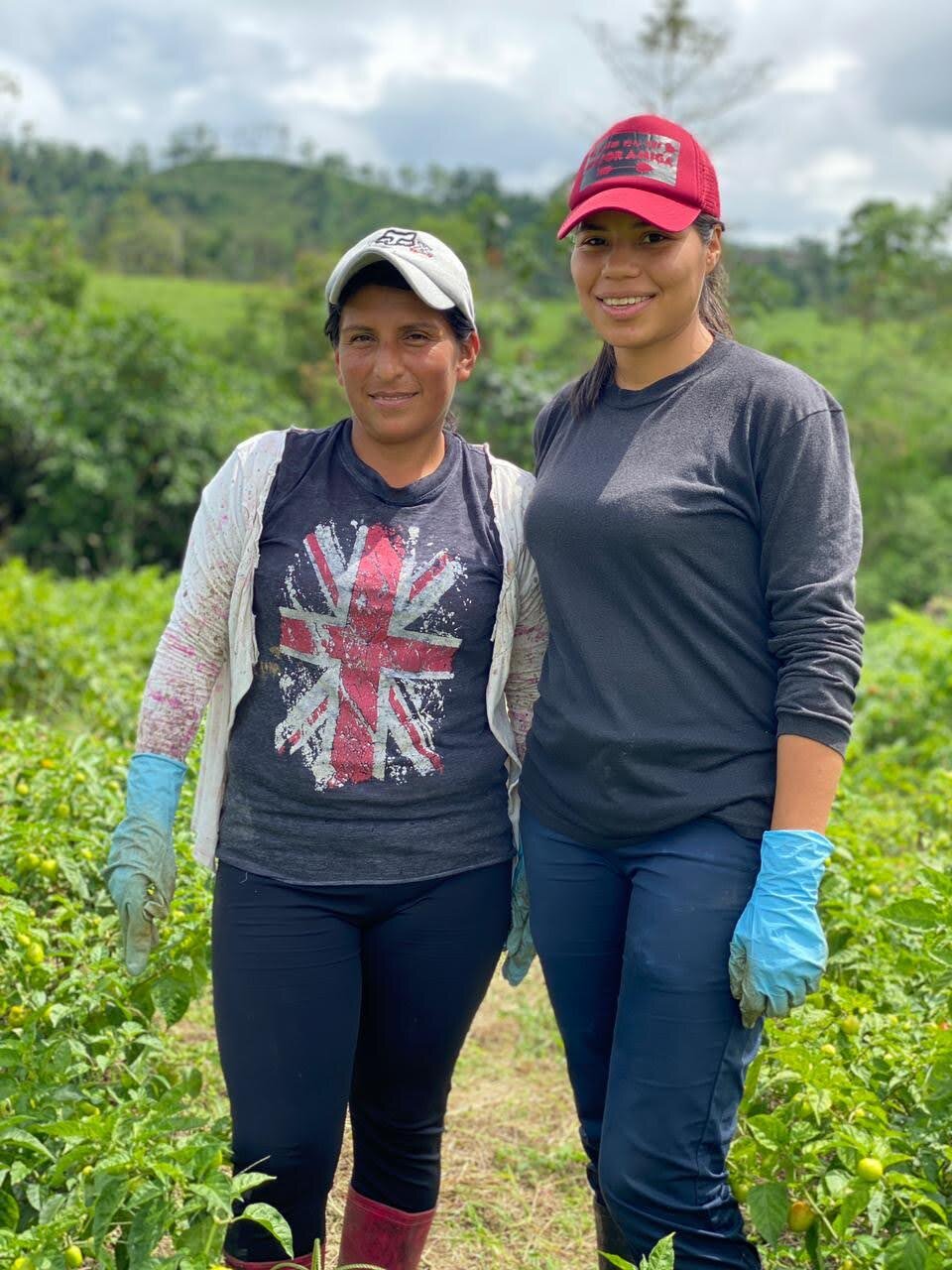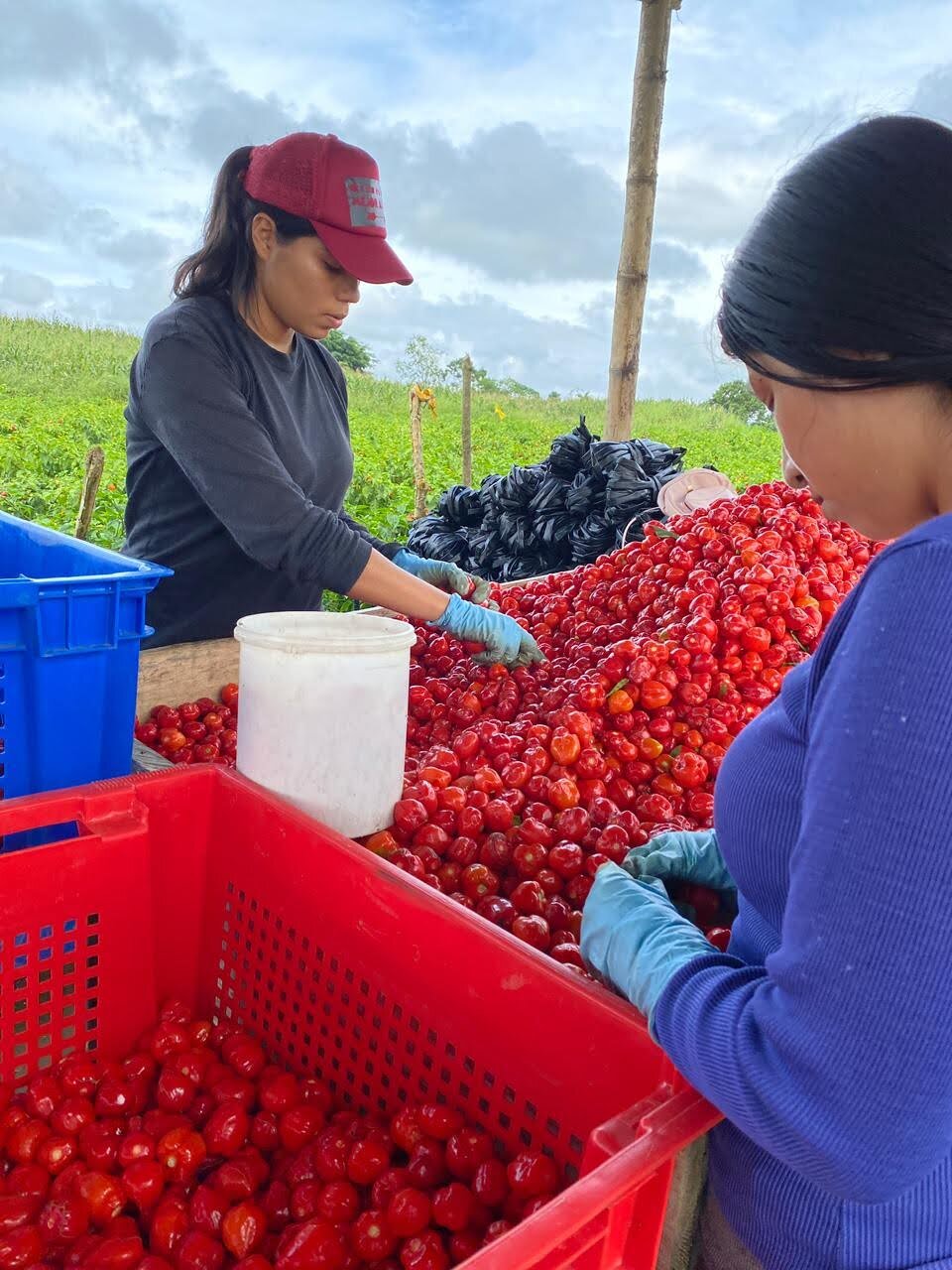Why Food Traceability Is Important To Us, and Why It Is for You Too
In our opinion, good food should have no secrets. As you´ll learn, getting a product from farm to consumer entails several steps and processes, and we believe every single one of them should be visible and transparent.
What is traceability?
The FDA defines food traceability as the ability to follow the movement of a food product and its ingredients through all steps in the supply chain, both backward and forward in its production cycle.
Needless to say, traceability has always been vital within the food industry due to its role in food safety, but it has become increasingly important to the final consumer as well. In fact, the COVID19 pandemic has only made traceability more important, as people are more aware than ever of where their food comes from and how it is produced and processed. A transparent process ensures that you know what is in your food and how it was made.
How we ensure traceability
Take our chillies as an example. Before a product hits your client's hands, pepper seeds have to be planted, the seedlings nursed, the plants harvested, the peppers brought into our factory, processed, packed, and shipped.
We are obsessed with the quality of our product. From seed to crop and beyond; we are devoted to delivering a top-tier product, and to making sure every single pepper that leaves our processing plant is traceable. From being true-to-type peppers to hygienic processing and ensuring no allergens or dangerous chemicals are present in our product, we control every stage of our peppers´ cycle so you can feel safe using all of our products.
Take a look at these seedlings. Like all other plants, this is the start of the journey. They were planted by our Agricultural Team at our 130 acre-farm in Central Ecuador from selected seeds, ensuring and preserving the true phenotypes you are looking for.
After about 6 weeks in the nursery, we move the seedlings to the plot of one of the 400 smallholder farming families we work with in Ecuador and Peru. For example, Alicia and Irene (seen below) co-own a field of Habanero peppers in Ecuador. They, and all the other farmers, receive Good Agricultural Practices (GAP) training. These include disease and pest control, fertilization planning, and phytosanitary importance.
Approximately 2-3 months after being sown, the hot pepper plants will bear fruit of their own, which the farmers harvest and deliver to our processing facility.
The question then becomes: how would you like to have your hot peppers today? Mashed? Pureed? Brined? Or perhaps dried, flaked, or even smoked? These steps are done following strict processing guidelines and Quality Control, from the washing of the peppers to the sealing of the box.
We are devoted to the idea that constant improvement and rigorous supply chain management will deliver the best possible product. Our team carefully controls all procedures to meet the highest industry standards. We take it seriously and are FSSC-22000 Certified to show it.
So, are you ready to spice it up? We are happy to discuss your hot pepper needs.












